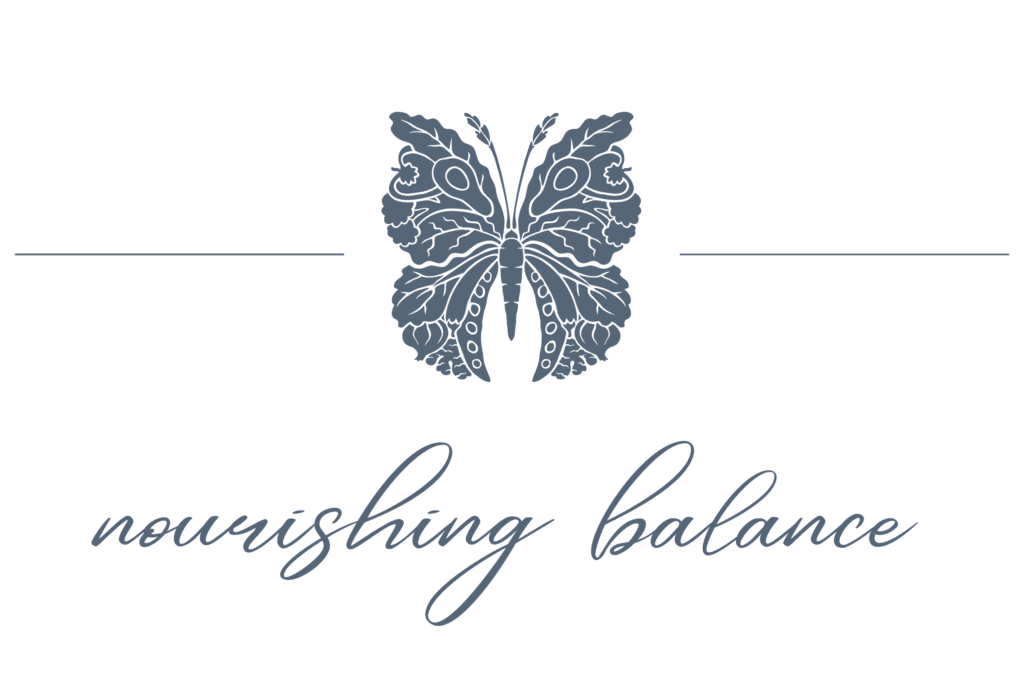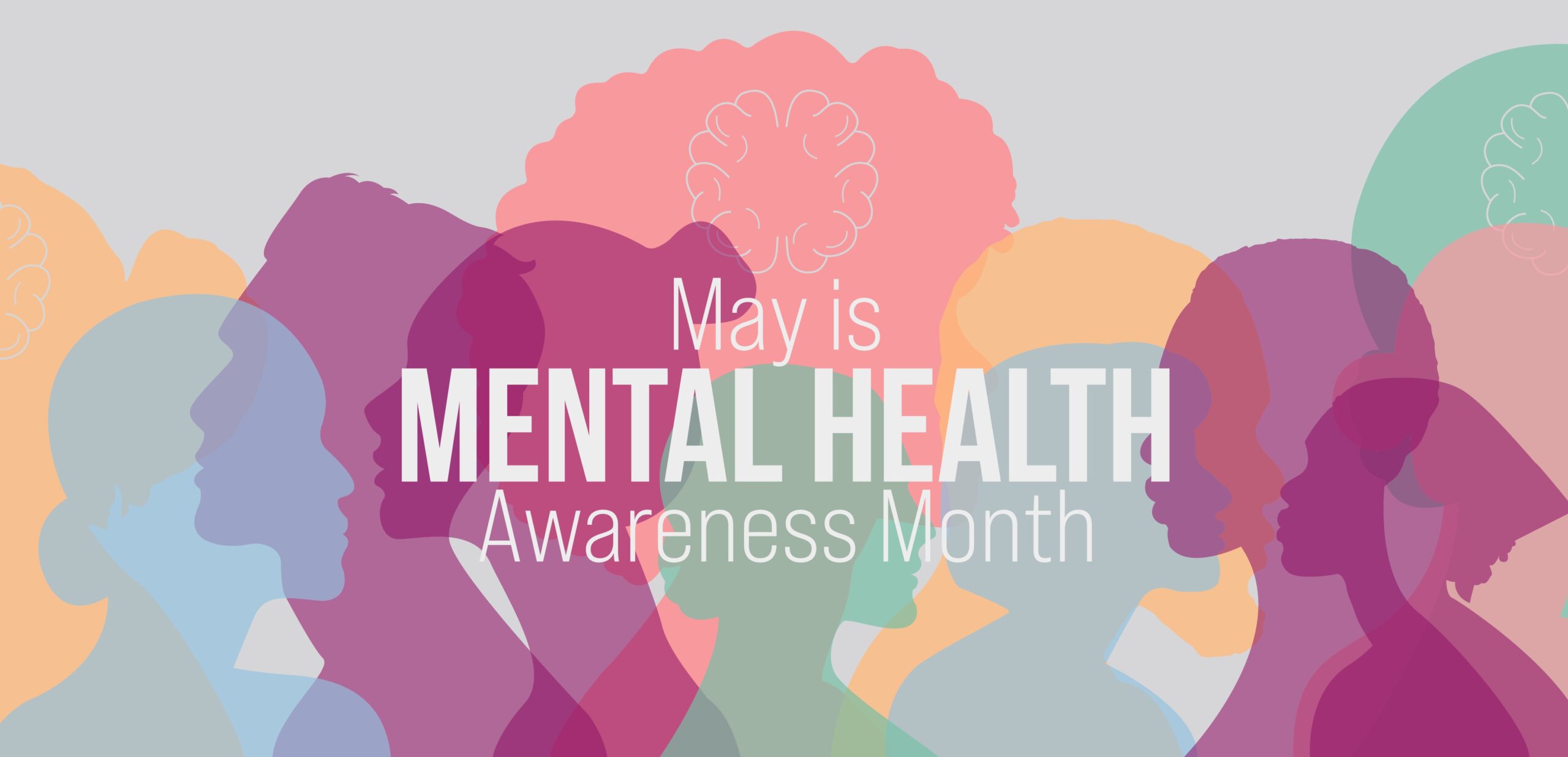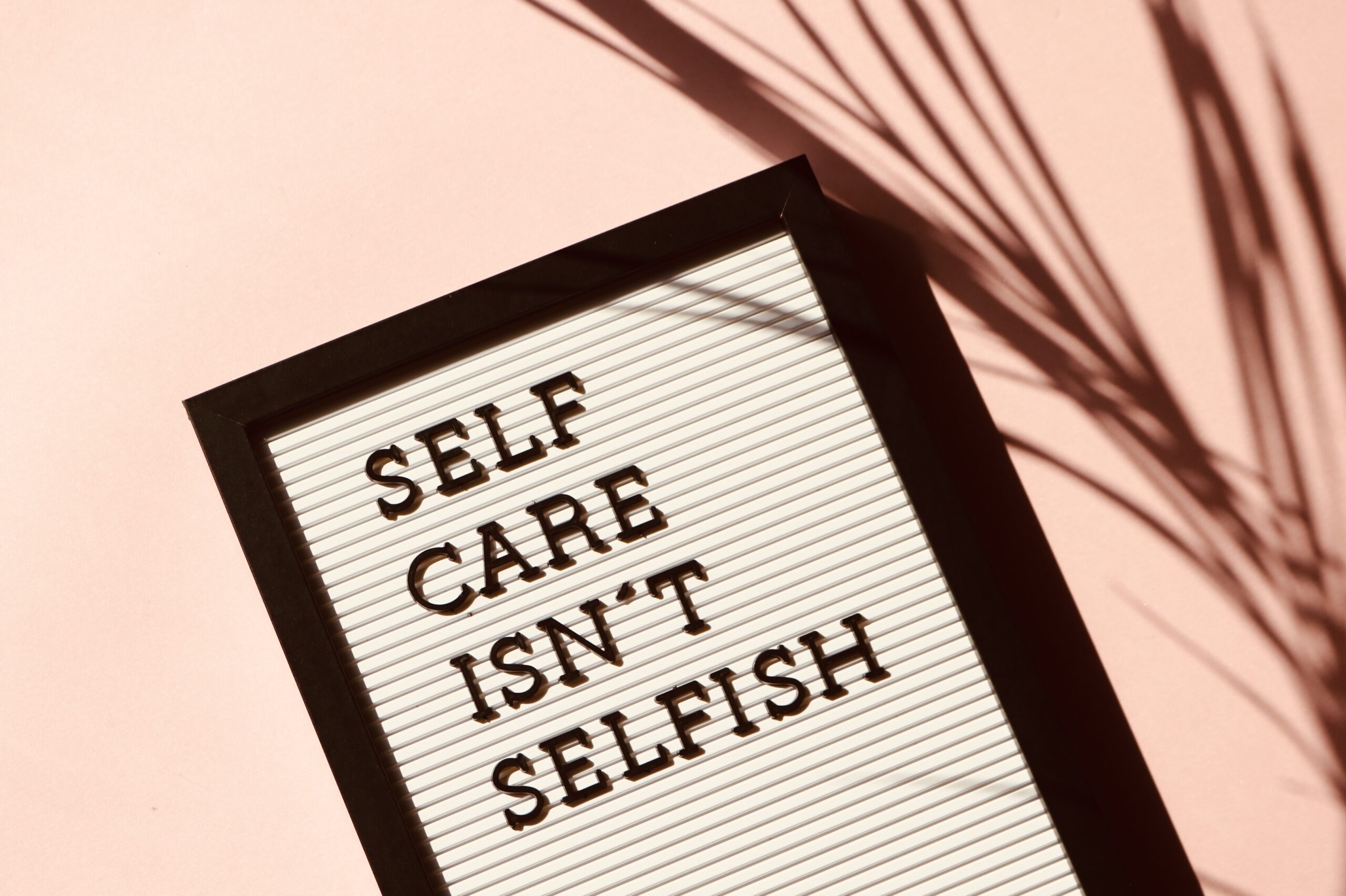One thing humans have in common is our need for sleep, but how much does the way we sleep affect our overall health? If the average person sleeps 8 hours a day, that means we spend around 33% of our lives sleeping! Sleep is essential for bodily function, and this post will detail its importance, the risks of lacking sleep, and some tips on how to optimize your nightly rest.
What Exactly Is Sleep?

After a long day of work, school, or any activity, neurons at the base of the brain start “switching off” the production of neurotransmitters called serotonin and norepinephrine. These two chemicals are responsible for keeping the brain active and awake (1). It seems like you’re about to start feeling sleepy – that’s the body’s way of beginning your daily sleep!
Once you’re no longer awake, there is actually more than one type of sleep: NREM (non-rapid eye movement) and REM (rapid eye movement). REM is the stage of sleep in which we dream and for memories, and usually starts an hour after falling asleep (2). NREM consists of three stages ranging from light to deep sleep. As we progress through these stages, the muscles and brain progressively relax, and the deepest sleep is when most of the body’s restorative process occurs. This stage of deep sleep is necessary to feel restored and refreshed when waking up (3).
So Why Do We Need To Sleep?
In simple terms, scientists are actually quite stumped on why we’re programmed to sleep. We know that when we’re deprived of sleep, our bodily functions are negatively impacted, but the best we’ve been able to do is come up with several theories as to why sleep is non-negotiable. These theories include the “inactivity theory”, which suggests that humans adapted to needing sleep to avoid potential dangers at night in the dark, and the “energy conservation theory”, which states that sleep is necessary to maximize our energy potential in waking hours, rather than having it weakly spread out throughout the day (4).
Most adults require 7 to 9 hours of sleep per night, and these requirements are higher for toddlers and children since they need the extra time for growing and resting. Despite needing less sleep as we age, it is still important that we get enough sleep each night to keep the body functioning at its top potential.
Sleep & Healthy Body & Mind
Rest and recuperation from the day’s activities is essential to our overall health, and that is because sleep is the catalyst of many important processes in the body. This includes immune system function, since white blood cell production is synced to our rest cycles (5), muscle repair, memory consolidation, and gene and hormone expression, among others (6,7). Despite the positive processes that occur while we’re asleep, the importance of getting enough sleep actually lies in the negative consequences to our health that arise when we don’t get enough.
Despite our bodies being hard-wired to fall asleep on a relatively regular basis, it is common for busy adults to acquire “sleep debt” – accumulating hours of lost sleep as days pass without catching up. Sleep deprivation can have negative impacts during the day, including reduced cognitive ability, which can impact our ability to be focused and alert while awake (8). A lack of sleep can also put stress on the body, which could trigger a pro-inflammatory response and put an individual at higher risk for disease.
Tips For A Better Sleep
Since we now know of the negative effects that come from lacking sleep, or having poor quality sleep in general, here are a few simple tips and lifestyle adjustments that may help improve your sleep and ensure you’re well rested every day.
- Keep to a schedule – Try to sleep and wake up at a similar time every day, including weekends! Our bodies enjoy steady rhythms, and having a sleep schedule may allow you to fall asleep and wake up with much less effort (1).
- Avoid electronics right before bed – some research shows that the light emitting from electronic devices can interfere with the production of melatonin, which is the hormone that allows you to feel tired. Try to shut off all electronics at least an hour before bedtime (1).

- Keep the bed designated for sleep – While this may be difficult for those with limited living space, try your best to reserve your bed for sleeping only. If you find yourself doing work, studying, or even just hanging out on your bed, this may disrupt the mental association between your bed and sleeping, and will make it more difficult to fall asleep at night. Try to include a comfortable chair with your bedroom furniture if you’re lacking a place to sit or relax throughout the day, and save the bed for sleeping (9).
Not included in these tips are the many effects that food has on the quality of sleep we receive. If you find yourself asking questions like “What should I eat before bed?”, “Why does turkey make us tired?”, or “Is there anything I am eating that’s keeping me awake?”, stay tuned for another blog post which will provide more information on the relationship between nutrition and sleep, and how certain foods may play a role in our ability to get quality rest. For now, we know that quality sleep is not something to neglect, and that getting enough of it each night is one of the first steps in feeling energized, focused, and ready to take on the day!
Sources:
- https://my.clevelandclinic.org/health/articles/12148-sleep-basics
- Devon L. Golem, Jennifer T. Martin-Biggers, Mallory M. Koenings, Katherine Finn Davis, Carol Byrd-Bredbenner, An Integrative Review of Sleep for Nutrition Professionals, Advances in Nutrition, Volume 5, Issue 6, November 2014, Pages 742–759, https://doi.org/10.3945/an.114.006809
- https://www.ninds.nih.gov/Disorders/Patient-Caregiver-Education/Understanding-Sleep#2
- https://healthysleep.med.harvard.edu/healthy/matters/benefits-of-sleep/why-do-we-sleep
- Besedovsky, L., Lange, T., & Born, J. (2012). Sleep and immune function. Pflugers Archiv : European journal of physiology, 463(1), 121–137. https://doi.org/10.1007/s00424-011-1044-0
- Cirelli, C., & Tononi, G. (2008). Is sleep essential?. PLoS biology, 6(8), e216.https://doi.org/10.1371/journal.pbio.0060216
- Why do we sleep?. Nat Neurosci 3, 1225 (2000). https://doi-org.subzero.lib.uoguelph.ca/10.1038/81735
- Orzel-Gryglewska, J., & Orzel-Gryglewska, J. (2010). CONSEQUENCES OF SLEEP DEPRIVATION. International Journal of Occupational Medicine and Environmental Health, 23(1), 95–114. https://doi.org/10.2478/v10001-010-00
- https://www.sleepfoundation.org/sleep-hygiene/healthy-sleep-tips



